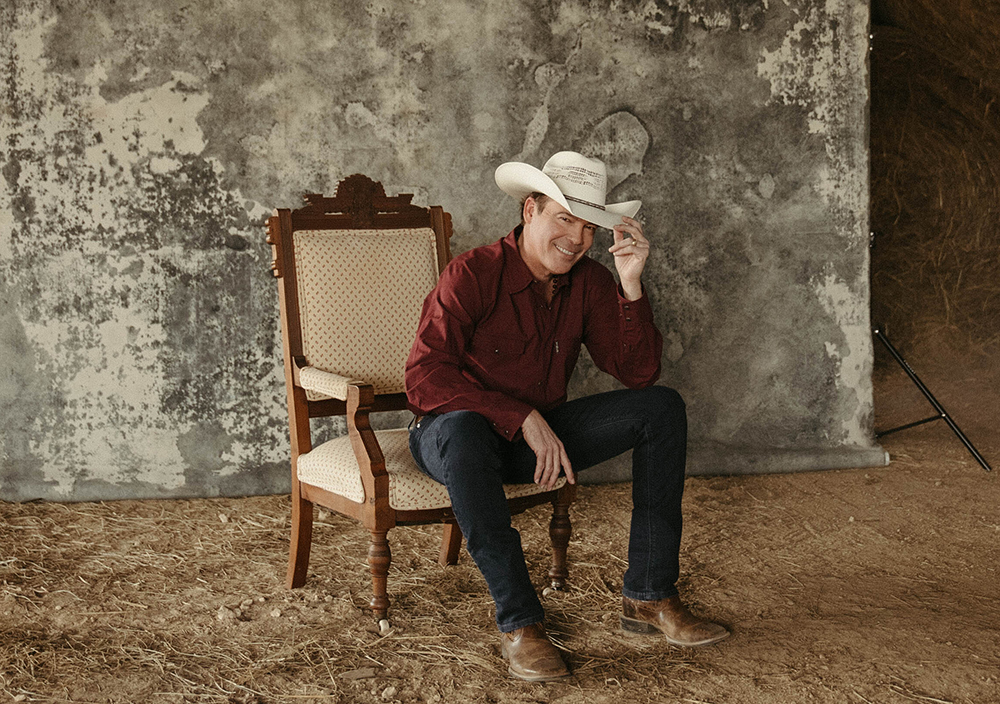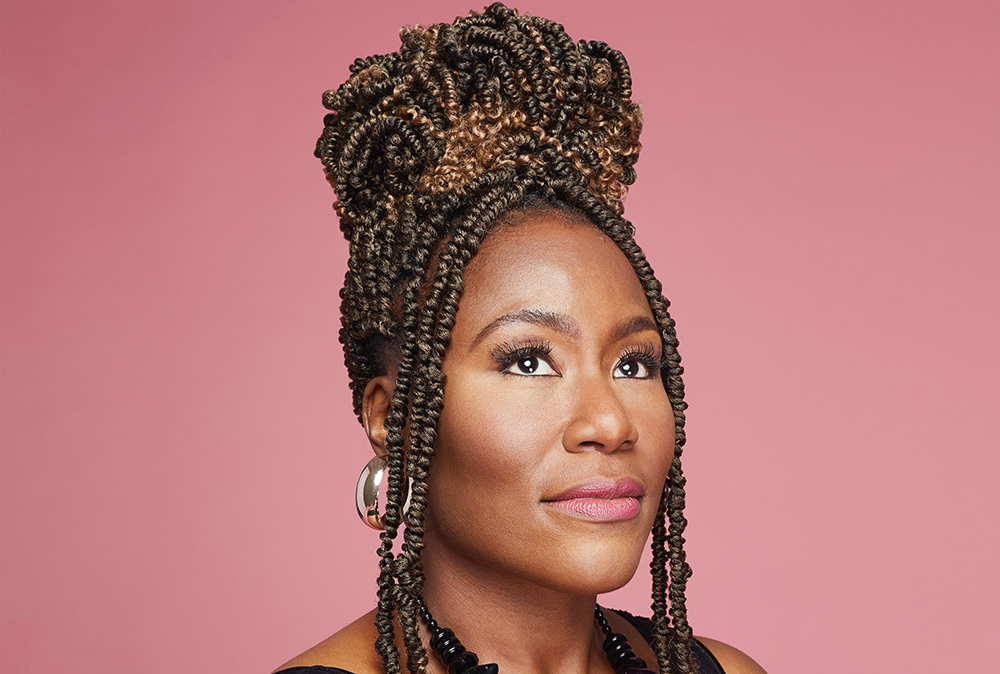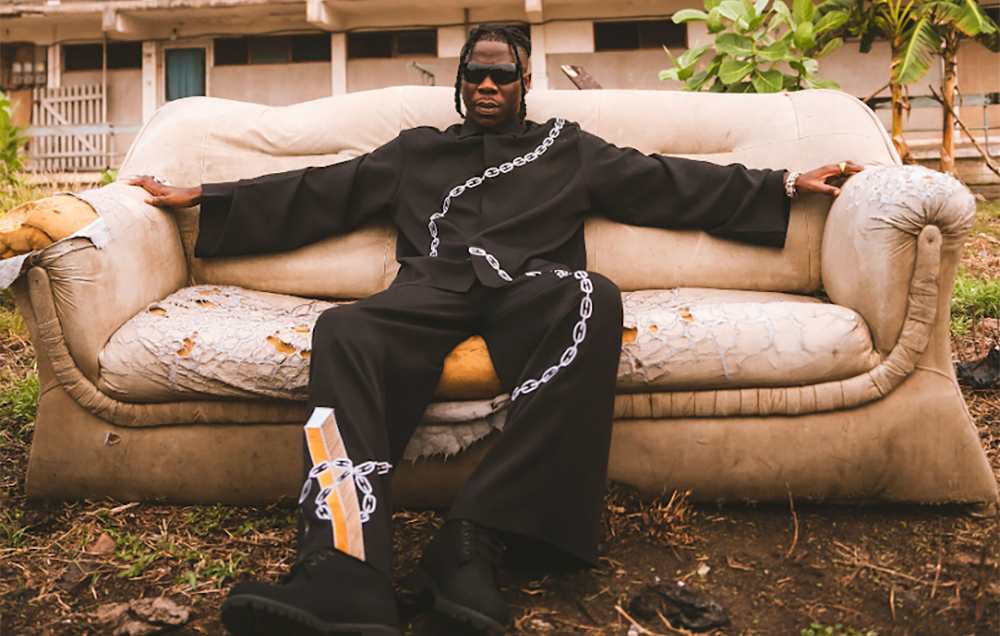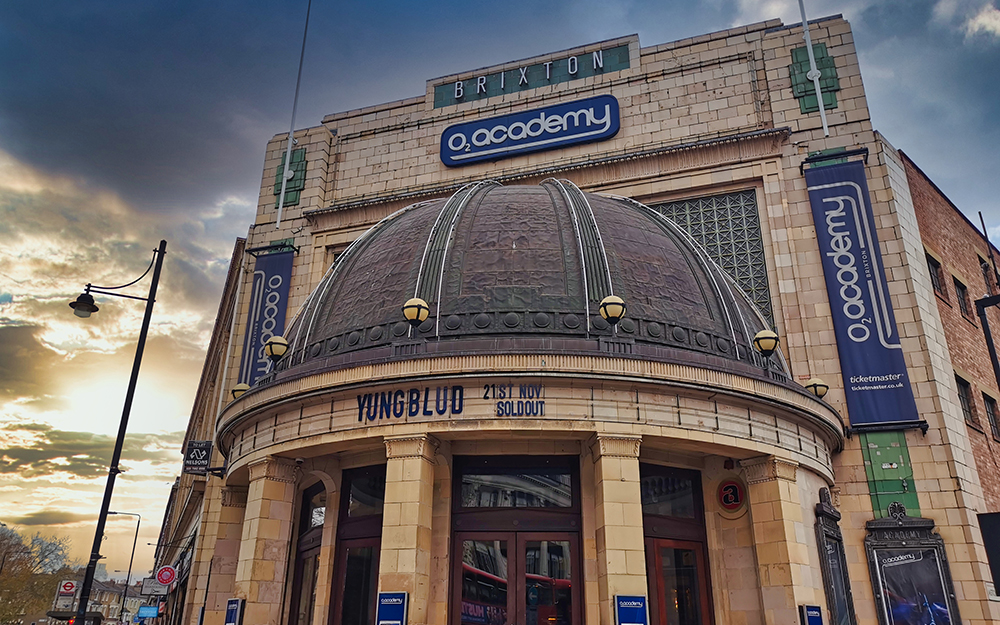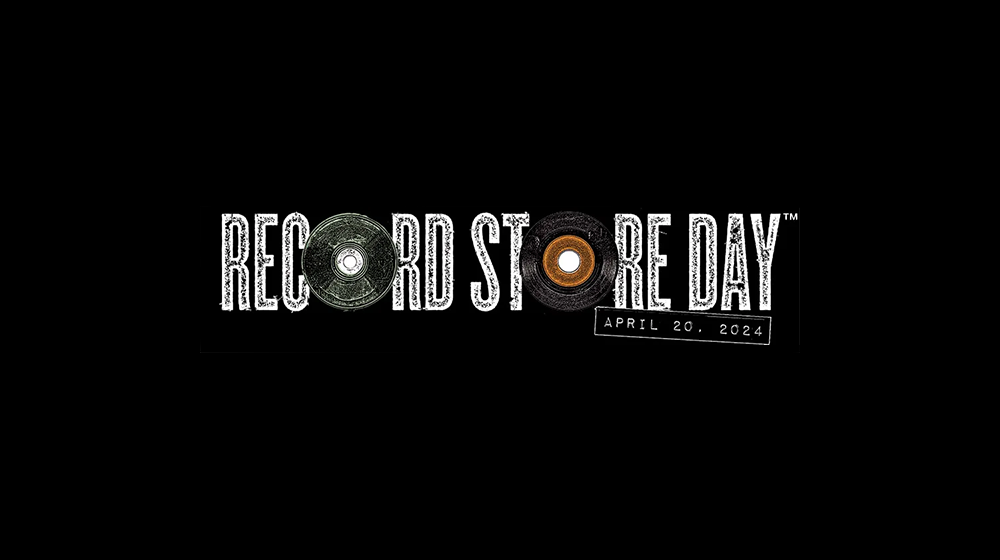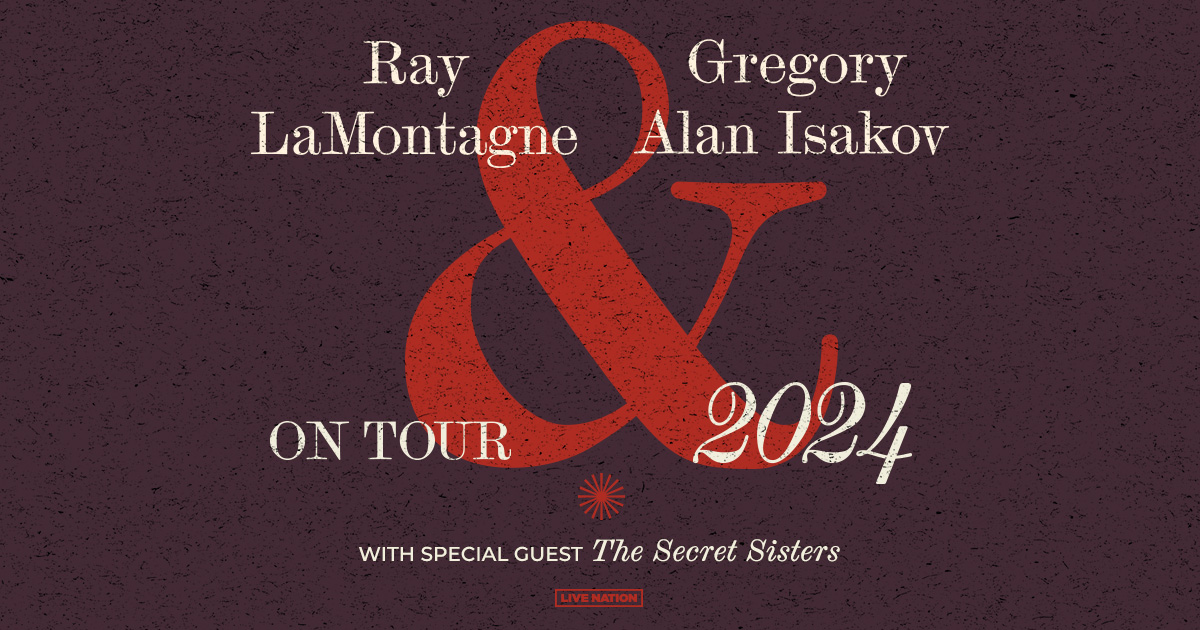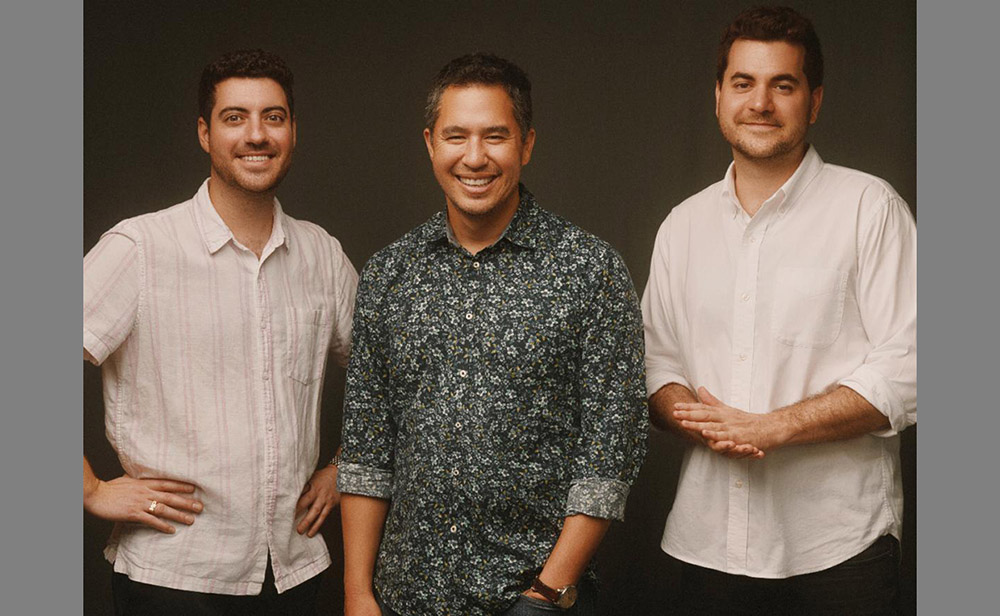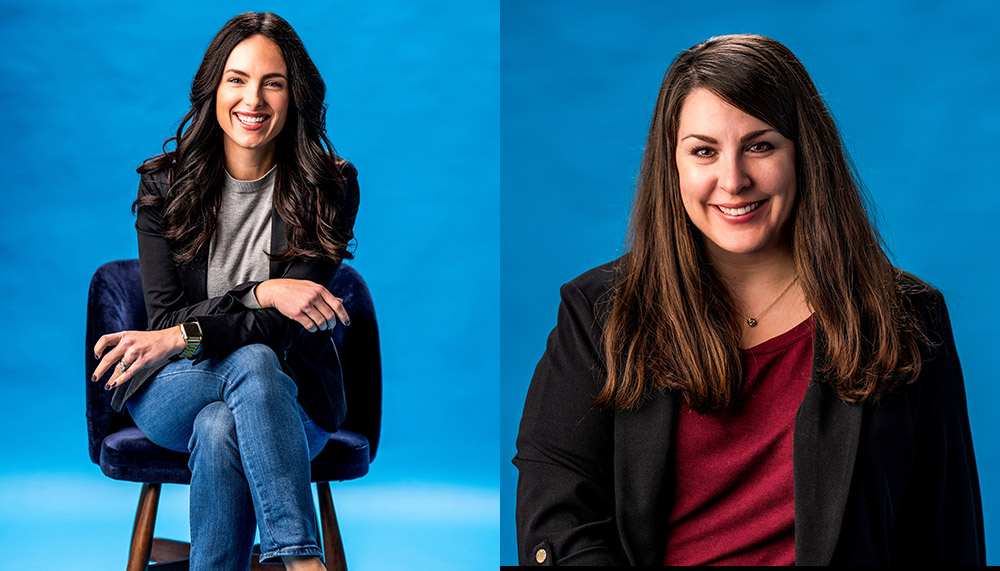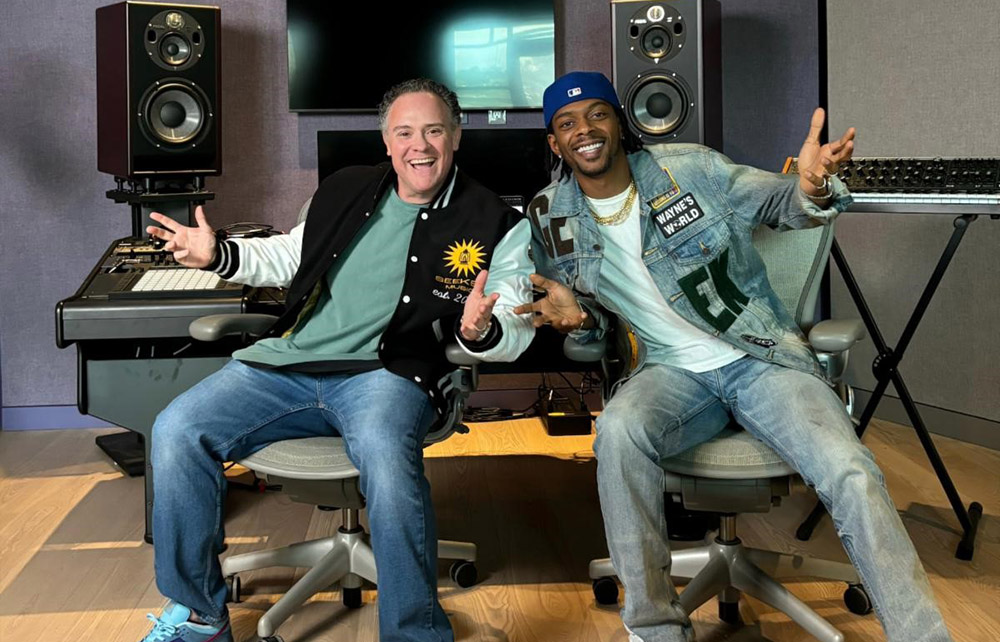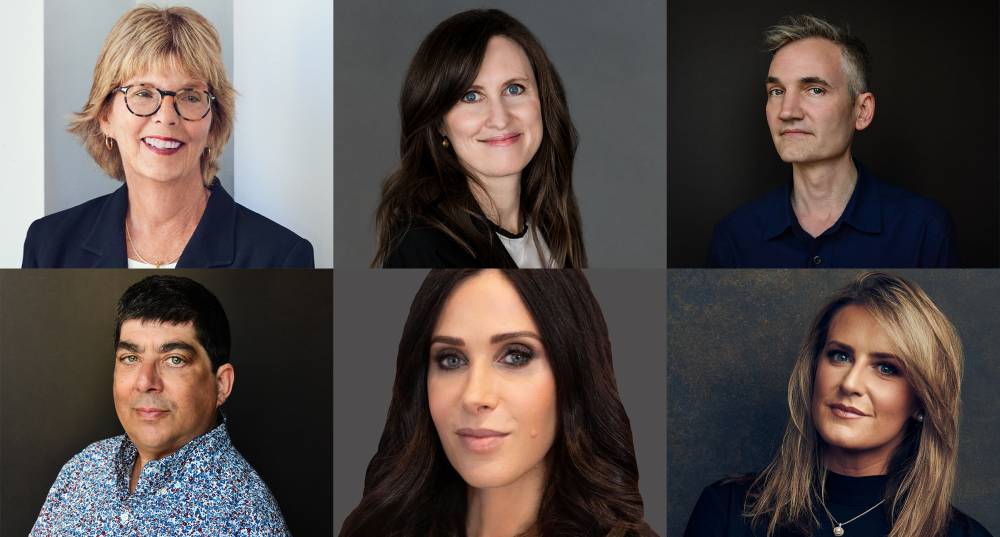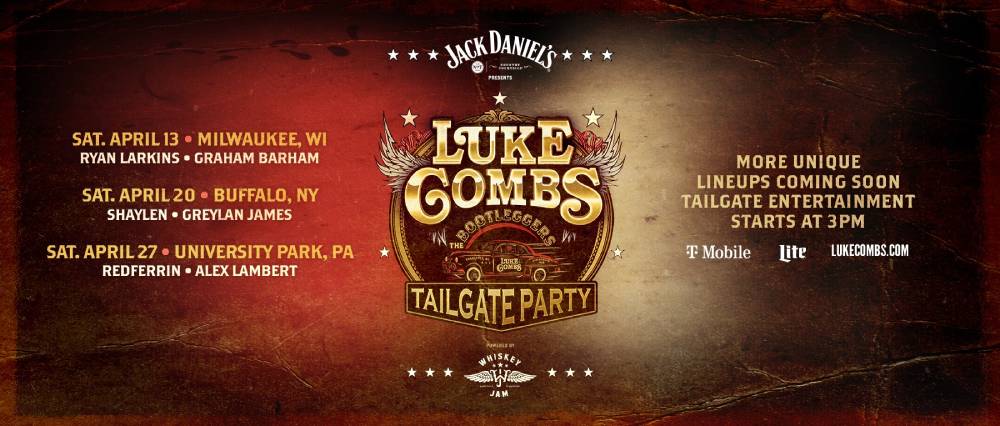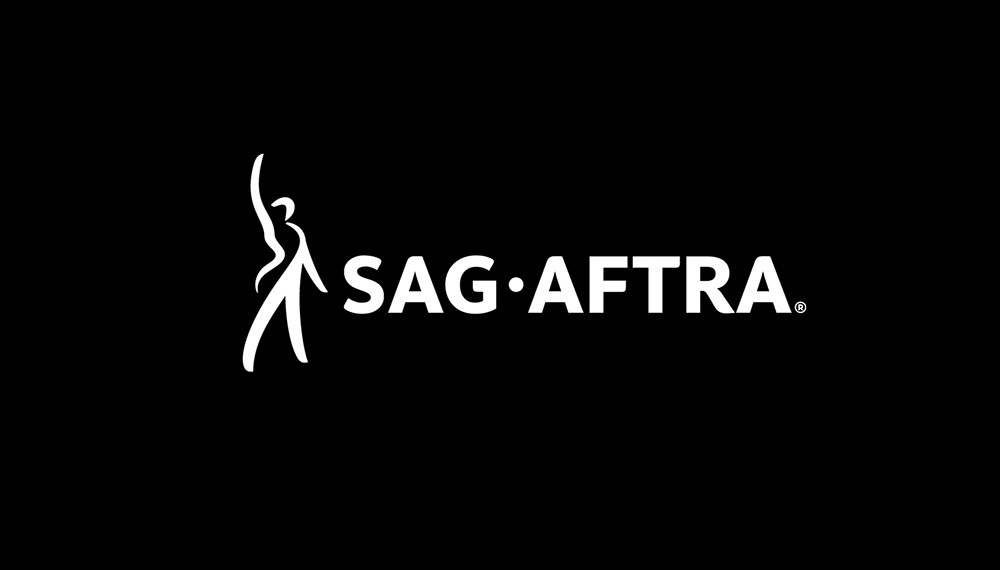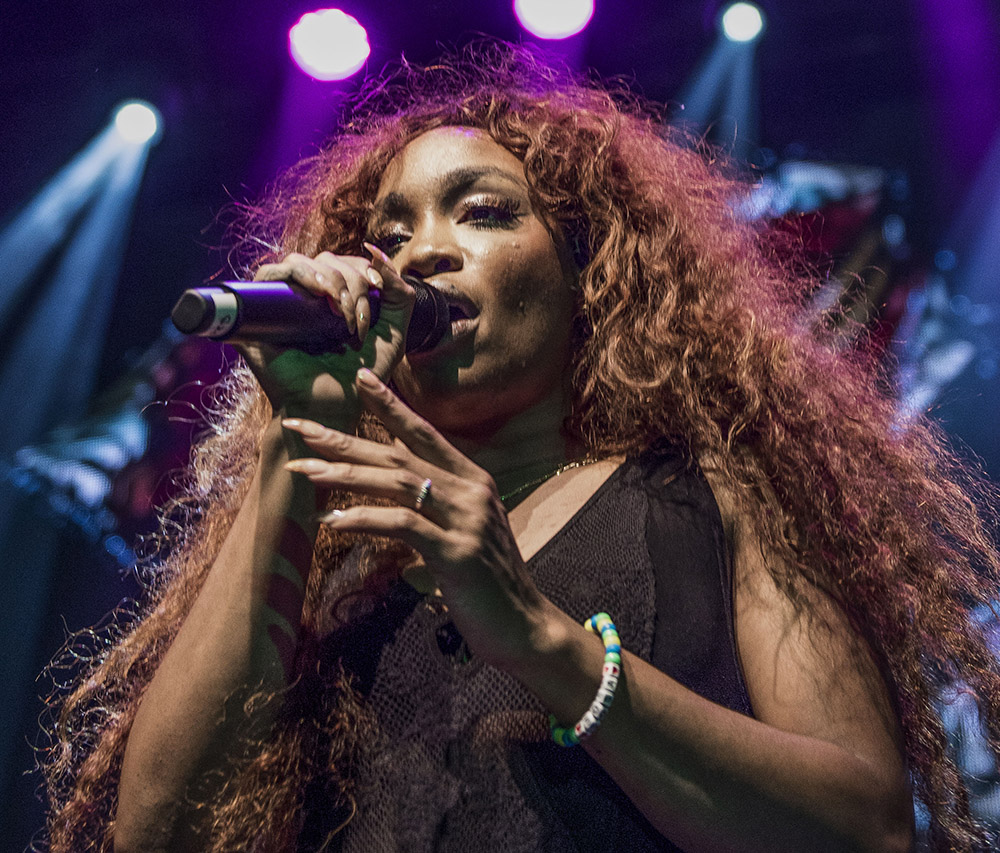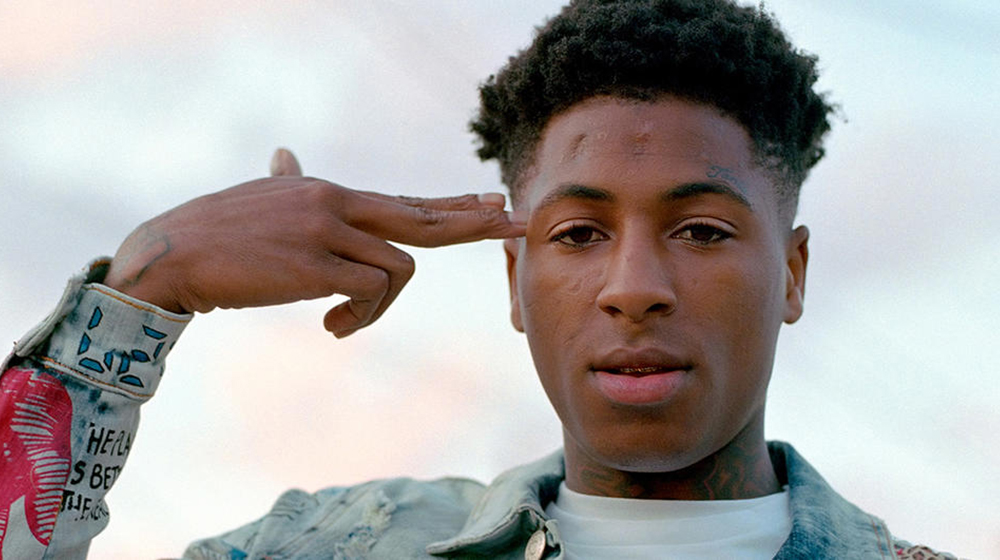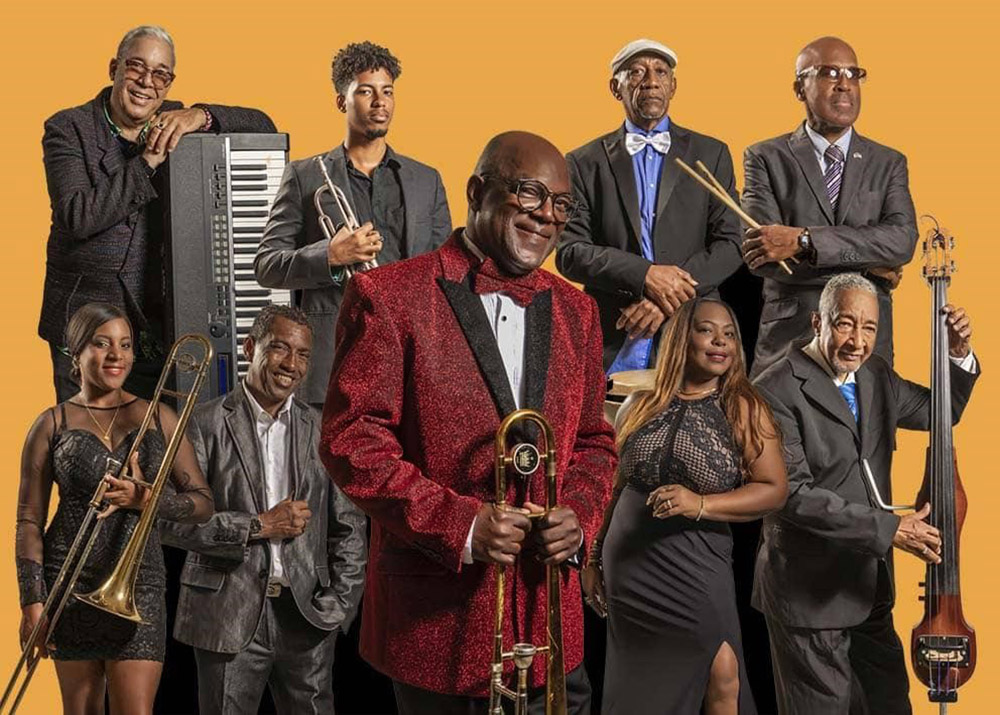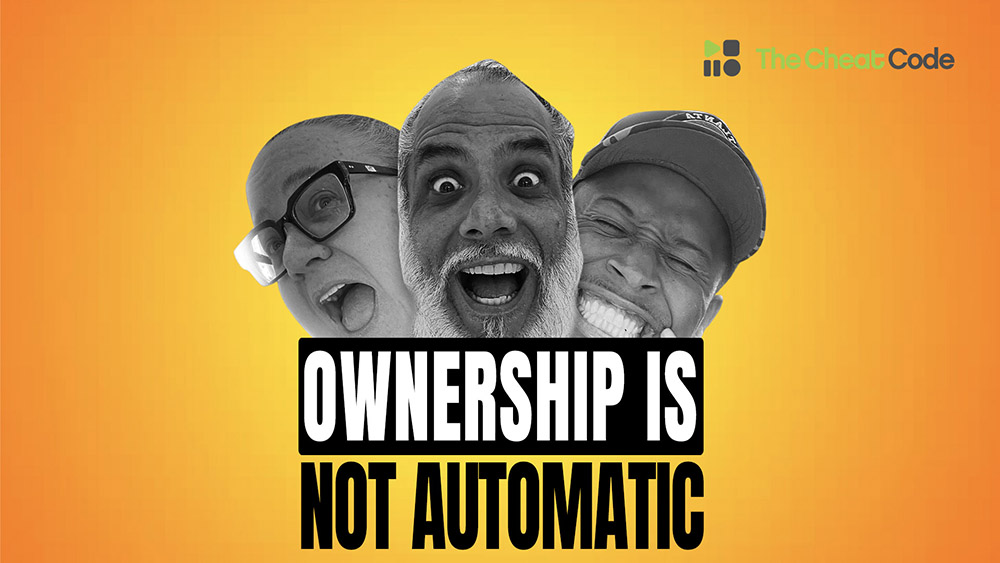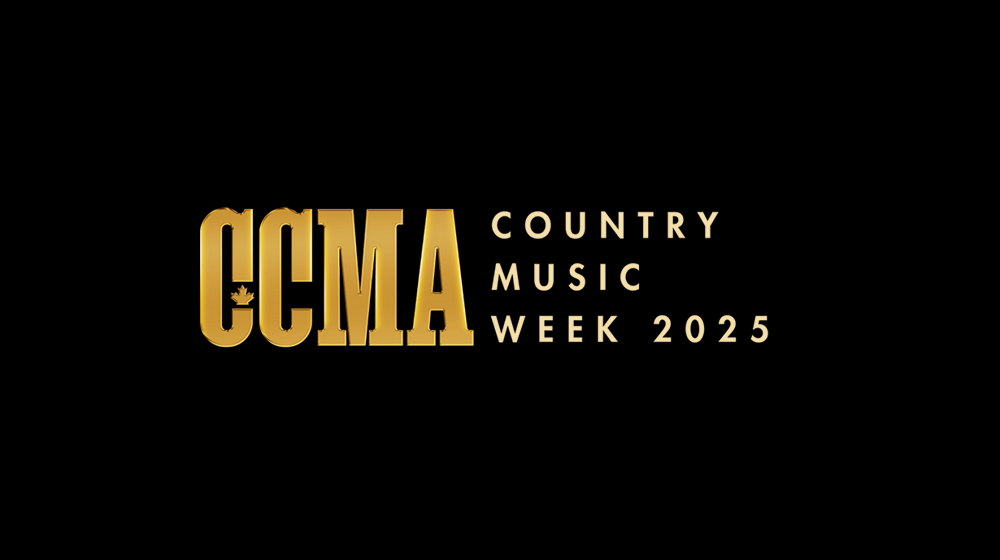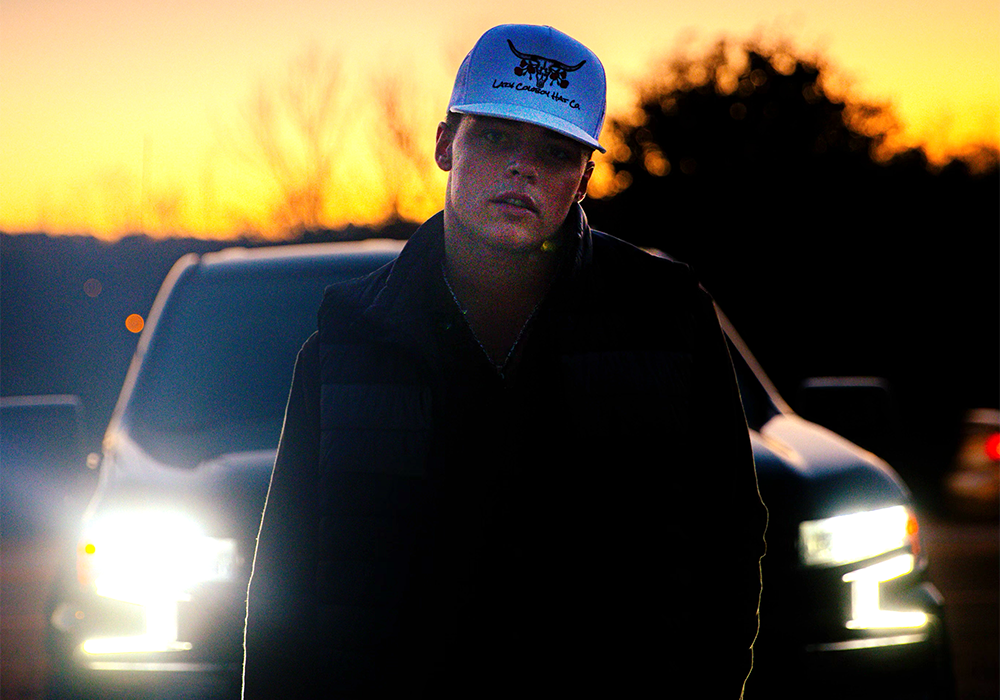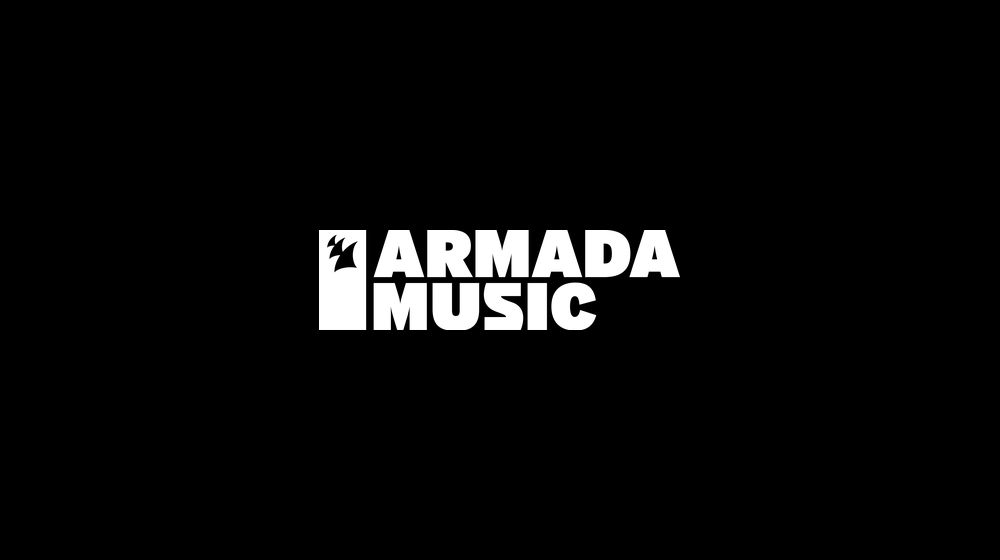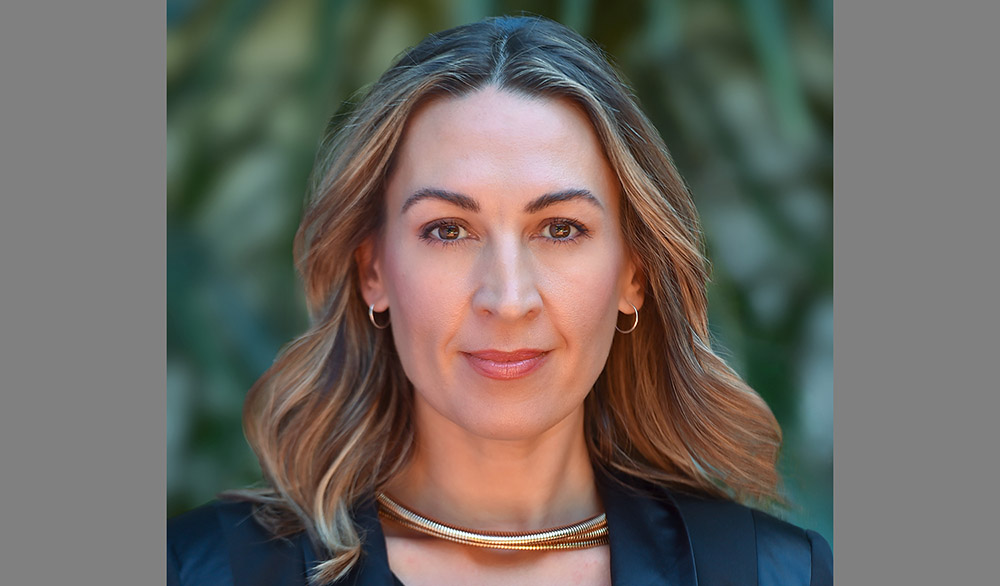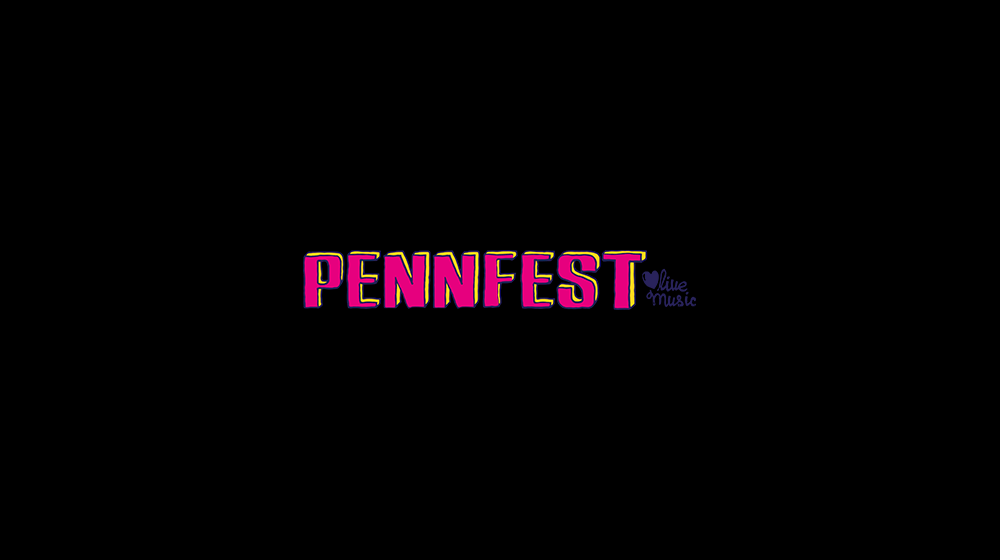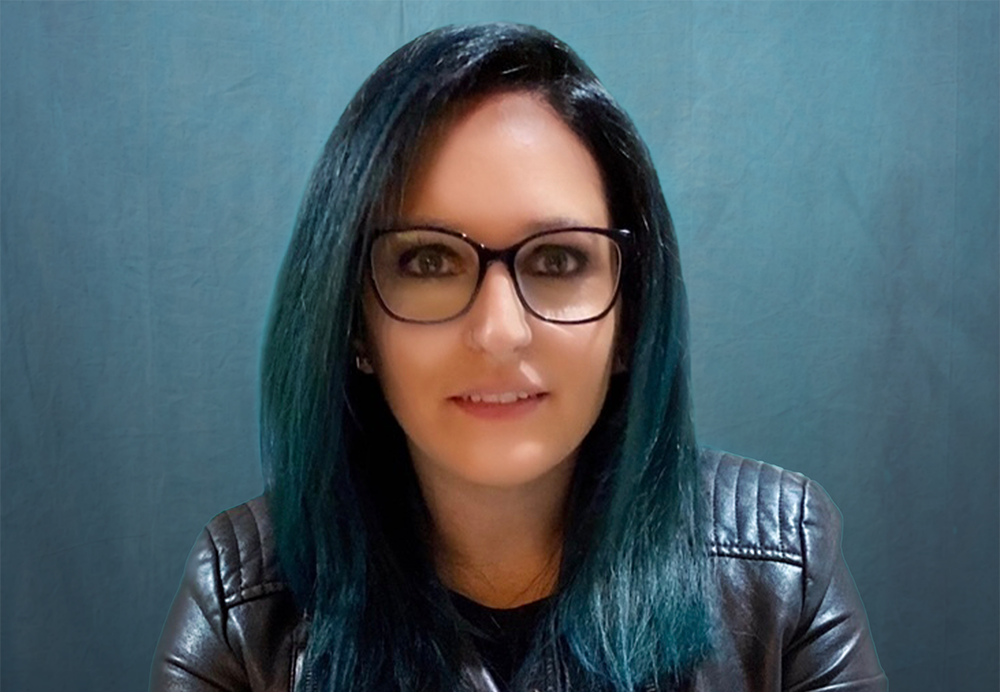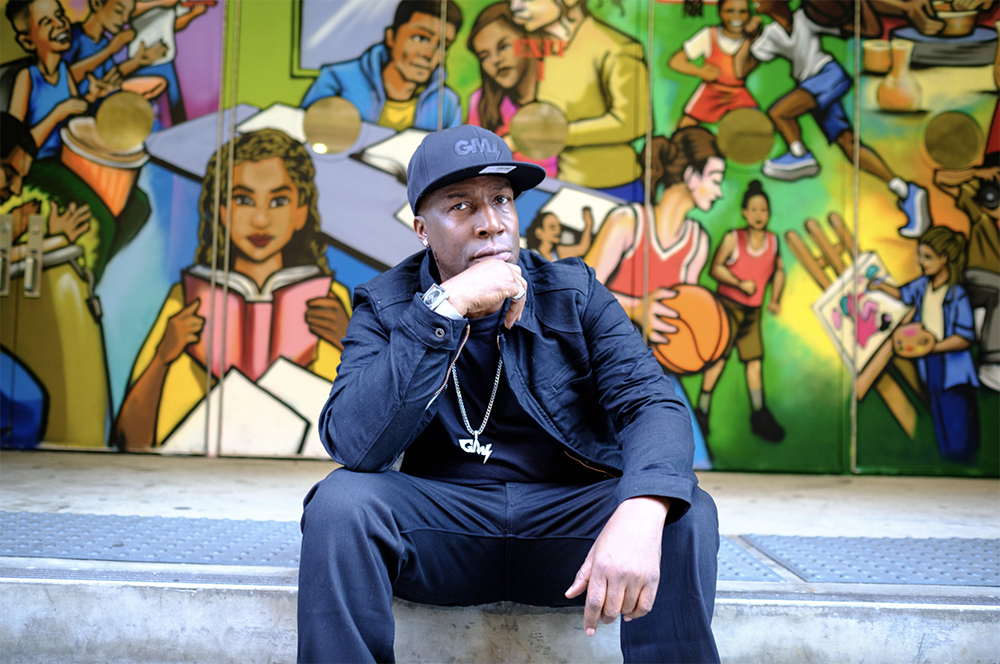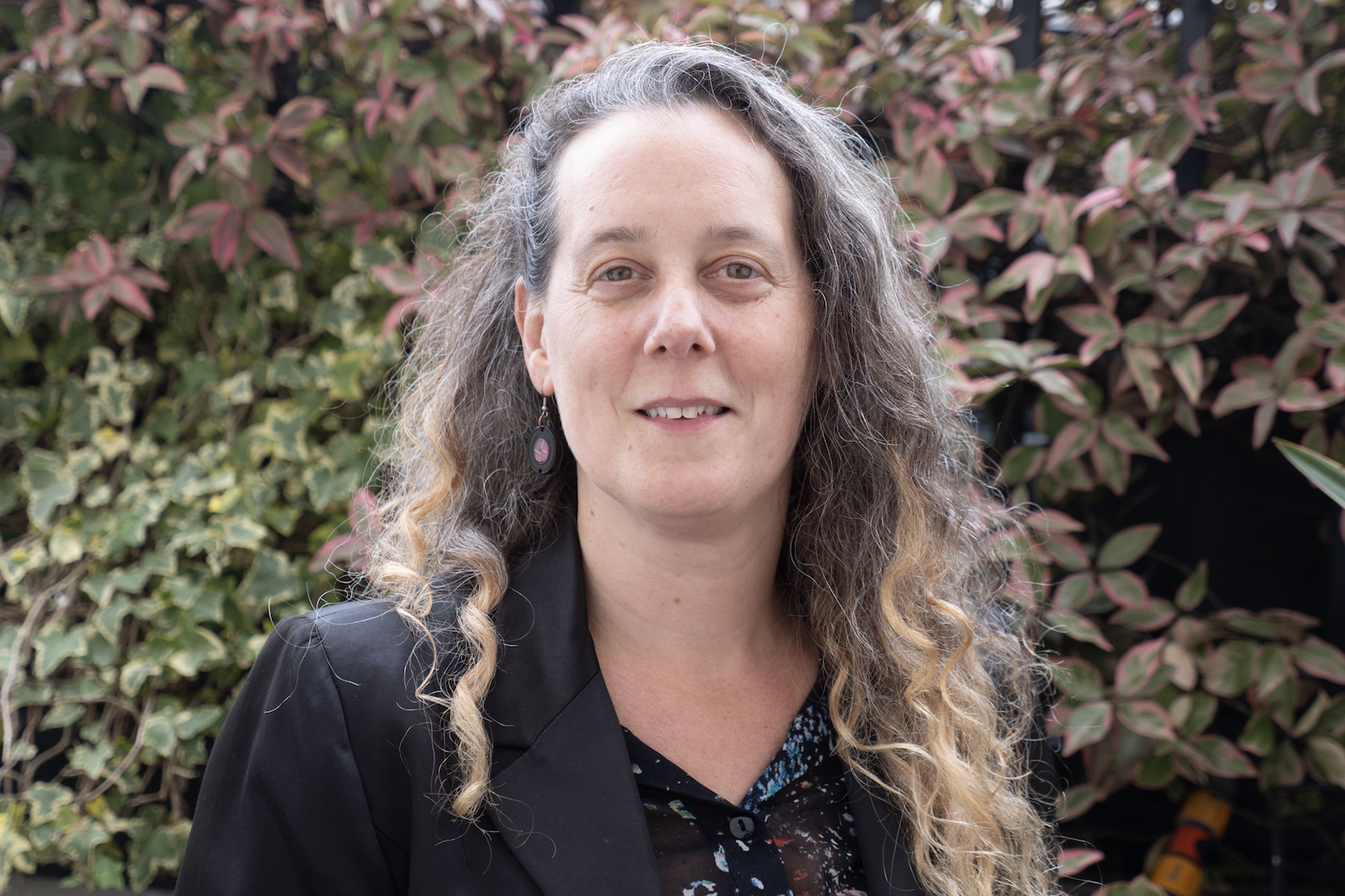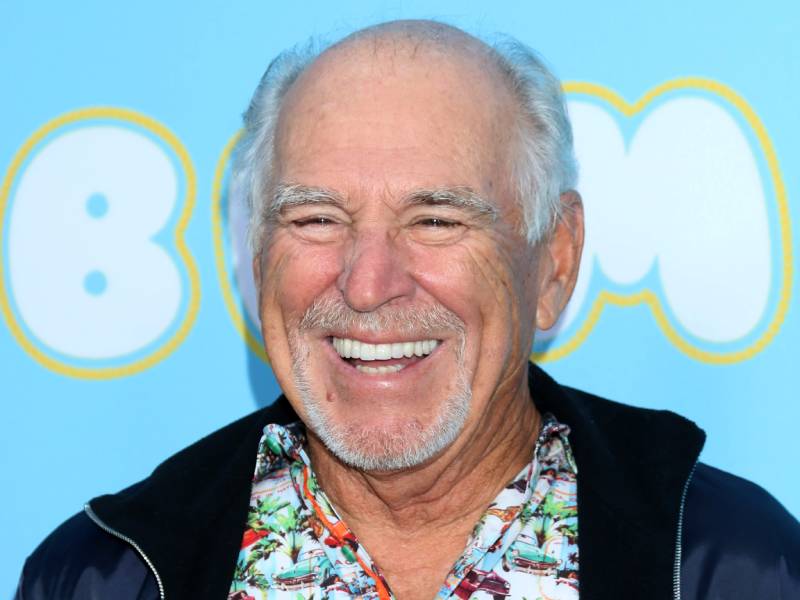
This week In the Hot Seat with Larry LeBlanc: Val Denn, owner, Val Denn Agency.
Renowned for her rapier wit, piercing intellect, and faith in her clients, Val Denn is nobody’s fool
The Wimberley, Texas-based booking agent—in the midst of resettling in Blandford, Nova Scotia–loves music artists–particularly singer/songwriters—and driving a fair deal in any venue negotiations for her clients.
She also loves Texas and Canada’s east coast, and the musicians in both regions. Just don’t get her started talking about all of that because the conversation will go on for days.
Opened in 1994, when she began booking iconic Texas singer/songwriter Ray Wylie Hubbard, The Val Denn Agency has made a formidable footprint in America’s folk and world music worlds.
Presently, Denn books Eliza Gilkyson, Sam Baker, Gretchen Peters, Lynn Miles, Ariana Gillis, Andru Branch, Sarah Lee Guthrie and Johnny Irion, Jaron Freeman-Fox, Marley’s Ghost, Talavya, Gordie MacKeeman & His Rhythm Boys, the Blues Broads, Red Horse, and the highly successful multi-media show, Walking Woody’s Road.
Denn started in music as a performer; working in her teens on the folk coffeehouse circuit around Westport, Connecticut. While studying jazz guitar at the Berklee School of Music in Boston, she met her husband James. After marriage in 1982, the couple toured as the Denns (and would release with four albums), and moved to Texas.
In Texas, Denn began booking Hubbard, started her agency, and oversaw a celebrated music series at the Granbury Opera House in Granbury, Texas. The year-long concert series, featured artists in-the-round, including Townes Van Zandt, Terry Allen, Guy Clark, Sara Hickman, Kevin Welch and Jimmy LaFave. She also operated a monthly coffeehouse, Susanna's Kitchen, in Wimberley for four years.
An ardent folk music activist, Denn is past president of Folk Alliance Intentional, and was on its board as a director for four years.
You are now fully based in Blandford, Nova Scotia?
My office used to be in Austin, but, I have emigrated. I am now in Canada most of the year. Ten months of the year in Blandford outside of Halifax. We are back here (in Wimberley, near Austin) putting our house on the market. We are pretty much shutting down our U.S. American lives.
What staff do you have?
Nancy Potter and Cindy Bullens both work in admin in contracts and itineraries in the U.S. I have just hired Sharon Munson in Nova Scotia as my assistant.
You and your husband have applied for Canadian citizenship?
We’ve landed (permanent resident status), and we are now just waiting to become citizens. But we are now permanent residents of Canada.
What attracted you to Nova Scotia?
First and foremost, I found a real similar feel–believe it or not–to Austin in the ‘80s in that there is a patriotic thing, and a friendliness there. There was this thing about Texas music when we moved there, and it was built around…..it was (artists like) Nancy Griffith, Hal Ketchum– Hal Michael Ketchum at the time—and Lyle Lovett. They (artists) were very lyrically-driven. There were a lot of story songs. I got up to Nova Scotia probably 14 years ago. I was first up there because of the ECMAs (East Coast Music Awards), and Shelley Nordstrom and Troy Greencorn and that little group. You would always say “Texas music.” Whereas you would never say “Toronto music,” you will say, “Music from the Maritimes.” You wouldn’t say, “Music from Ontario.”
No. In Canada, you might also say, “East Coast Music.”
East Coast music. Atlantic Canada. Music from the Maritimes. But when you say “Music from the Maritimes,” there’s a sound that you can almost conjure up in your mind like you can if someone says that it’s Texas music.
Legendary Newfoundland singer/songwriter Ron Hynes is right up there with Ian Tyson, Gordon Lightfoot, Guy Clark, and Billy Joe Shaver as one of the greats.
Absolutely. I always refer to him as the Guy Clark of Canada. I put Gretchen Peters out with him, and there was a complete love fest with them. I had to explain to each other who each was. They had never met each other. I said, “Think of him as the Guy Clark or Ray Wylie Hubbard of Canada.” He’s the troubadour from the Maritimes, but I think he goes all the way across to Vancouver Island (in popularity).
As an agent you have a reputation for being both fiercely loyal to your acts as well as being an aggressive negotiator.
I don’t think that I’m aggressive. I’m tenacious. I care about my artists, but I’d hate to hear that people think I’m obnoxious. I’m glad it hasn’t come back to me.
It’s difficult being an agent and not be run over by buyers or artists.
Because I’m a positive thinker, and I like it to be win-win, I’m going to change those (aggressive) words into assertive and tenacious. I work hard for my clients. I try to find balance in my life so that it’s not all about work. I try to work hard, and play hard. All I want to do is live a life that’s basically fair. I never want to roll over anyone, and say nasty things or be seen as being nasty. But, it is a hard business. And it was hard as a woman starting off too with my own agency in the mid-90s. There weren't many of us. I started my own business in 1994 when there were very few women who ran or owned booking agencies.
Being tagged aggressive as a woman is viewed as a negative description, but not when it’s applied to men.
Yeah. I hear more things like, “He is really on top of his game” or “Yeah, he really gets it done” or "He’s a tough negotiator."
With women you are more likely to hear, she is aggressive or she’s a bitch. I hope it is changing, but I hear it a lot. As long as I am not seen as arrogant or stupid which would crush my little heart.
Still being thought of as tough is often a badge of honor for both sexes.
I would like to be thought of as tough, and yet, wildly smart and sweet. But most important for me is to be thought of as someone with integrity. Someone who is honest. If the word aggressive was changed to tenacious or assertive, I would have to agree that I fall under that category too.
This business is very male dominated, and I learned early on that being nice and honest was always the best way to go; but that you also have to stand up for your clients’ best interests, and not be afraid to ask. That said, I will always have my client’s back, but not at the expense of a venue. There is a fine balance between doing what’s right for a client, and also keeping my relationships with the venue/buyers strong.
As an agent it is my job to be able to have an honest dialogue with both parties, and hopefully build my client’s fan base, and fill the rooms we book so we can book future dates.
“Yes” is my favorite answer, and “no” is my second favorite answer as it allows me to move on. I also rarely hear the word “no.” I hear “no” as “not now.” A festival might say “no” one year, but they may be building a vision, and my client might not be what they are looking for that year. So I tend to hear “not now” or “not this year.”
Are you, in fact, a tough negotiator?
Yes, I’m assertive in negotiating, but I’m totally and absolutely into the back-and-forth of what’s really true. I don’t want any venue to lose money on my clients. My clients will give money back. My job is to know my client’s marketability, and I try to get what I think that they are worth. And to be realistic. I do listen. When a venue says, “Last time you were in here, you sold 130 tickets in a 400 seat room,” I don’t have a leg to stand on to negotiate and be assertive.
If I keep going after the money for my client, I’m not helping them, and I am definitely not helping the venues. I am assertive in that sense, but I am definitely not aggressive in trying to get money that my client hasn’t warranted. There are times when you feel that they (buyers) have made money on your client, and we are not growing it (the audience at the venue). But if I go in there, and get the money I wanted, and my client doesn’t bring in the ticket sales that we thought then it doesn’t help anybody. There are also times when I see where the venues aren’t doing what they should be doing. If we have sent posters, and my clients goes back to get paid at the end of the night, and the posters are sitting in the tube that we sent then I’m not happy.
Do you tell a client what’s realistic, and what’s unrealistic in their career?
Absolutely. I actually have a client who wants to play solo, and they should not be playing solo. I told them that they should not be playing solo. They don’t have what it takes. I am brutally honest. My job is to be honest with my clients on all levels—even if they don’t want to hear that. The same thing for them. If they feel that I’m not doing a good job, it’s up to them to tell me where my failings are. There’s a time to be defensive, and stand up for yourself; whether it’s with your client or with a buyer.
Anybody who knows me also knows that if I have dropped the ball or if I haven’t done what I said I would do that I don’t get defensive. I will say, “I dropped the ball. I didn’t see it through.” I think that is hugely important on both sides; whether it’s a venue buyer, or an agent. We are all busy, and we are all overextended and we are tired. If you do drop the ball, you have to say it. Or, if you didn’t do a great job, you can say, “You know, I’m struggling here, and I didn’t do a good job.”
What qualities do you look for in taking on clients?
I have to like their music. I put it this way. It sounds weird to compare it to a dog but when you sign an artist, it is like adopting a dog. I can tell a festival person that they just have to take the dog for a walk. I never sign someone with the idea of, “Let’s throw it against the wall, and see what sticks in six months.” It takes a long time to get things rolling and, once you get it rolling, they are part of your life.
We are friends, but we are business associates, and we also have to be able to work together. There has to be some team in place. So if you are self-managed that means you are managing yourself if you don’t have a manager.
We find people that are totally understanding and passionate about the business. You want to work hard for them, and they want to work hard for you. There’s a real exchange of energy, and later there is an exchange of money as well. But that money exchange comes from really good energy. When I’m looking to sign someone, obviously I have to like the music, and I also look around and see who they are hanging with, and how can I help them.
Any types of artists that you’d avoid?
I don’t want to bring in the crazy-makers. You get to a point in your life that no matter how talented someone is if their life is an absolute mess I don’t have the personality to want to try to fix it, and nurture them through (life). Everybody has good and bad times—that’s different—but I wouldn’t sign someone who I know might be really battling some demons if I am so busy that it’s going to be an energy suck.
Does a client have to have management in place for you to consider picking them up?
No, because if they are self-managed, or if they have someone in-house or in their office. It’s nice when they do have management.
You began working with Canadian singer/songwriter Ariana Gillis before she had management. She’s very astute in business. Someone who gets it like she does is a big advantage to someone like you.
Absolutely. Ariana is a perfect example. This is someone who could go in either direction. Do you go with her in full-on pop kinda thing? But she has such a respect and love for the song, songwriting, and the process of songwriting. There is a 23-year-old in there that looks at it (her career) like Leonard Cohen’s career in songwriting, and that’s what she aspires to. Like Tom Waits as well.
I believe Ariana is Canada’s next star.
She’s absolutely terrific. She’s got a voice that is unstoppable, and a stage presence that is amazing. But what I like the best about her is that she truly, truly understands that it comes down to writing good songs. She, out of anyone that I have ever had on my roster, wants whatever it is—it’s not about fame—it’s about making her music, bringing it to the people, and writing great songs. She wants fame, but earned fame. She wants to write great songs, and she has vision and she’s very driven in a good way. She’s very focused. I’ve been with her for a couple of years.
How did you hear about Ariana?
During a Folk Alliance a few years ago, I was out for dinner with (journalist) Dave Marsh, and my son Taylor at Gus (Gus's World Famous Fried Chicken in Memphis), and she was at the table next to us. (Canadian publicist) Richard Flohil had been asking me for a couple of years to go, and hear her. As always, I was so crammed up. I said, “Is there any way that she would play in a stairwell?” And she did at the hotel (Memphis Marriott Downtown). My son Taylor, who books eTown (as eTown's talent coordinator), Dave Marsh, Eliza Gilkyson and I sat on the cement steps in a stairwell in Memphis to hear her. She was just mind-blowingly good. She looked right at us as she was playing. She was probably 19 at the time. Three songs, and we walked out of there, and Dave Marsh was just gob-smacked and Eliza was like, “Oh my gosh.” My son said, “I’m putting her on eTown, you better sign her mom.” He put her on eTown and that’s how (Apple Inc. co-founder) Steve Wozniak heard her, and it just started this spreading of her. That’s how things happen.
The thing about Folk Alliance (and discovering new artists) is that it takes someone like myself and/or an artist that is willing to play in a stairwell or someone like me who is willing to go and sit in a stairwell.
How was the recent Folk Alliance Conference & Camp in Kansas City, Missouri?
I think that it might have been my favorite Folk Alliance so far.
How many Folk Alliance conferences have you attended?
Twenty in a row. Being in Kansas City this year was nice because it was a new city for us. As a past president and board member, I remember looking for a new venue, and where (what city) you are going to hold it. You are looking at how to allocate space. The board, and Louis (Louis Jay Meyers, executive dir. of Folk Alliance International) did an amazing job of picking the right hotel. It was set up really well. You got to hear everything. It was at the Westin, and it was just a perfect set-up. We also took over the Sheraton for the Music Camp — that was very successful. I think that because it was Louis’ last year as executive director, that there was sort of a warm fuzzy (feeling) around the conference. We kicked off the first day with Graham Nash doing the keynote, and then Al Gore came in and did his talk on the launch a new Initiative with music (with his speech "The Future: Six Drivers of Global Change”). It’s in the infancy stage of bringing the Folk Alliance International music community who would want to be involved into finding a solution for global climate change issues. It’s just getting started, but the seed has been planted to bridge the two communities.
You were president of Folk Alliance.
I was president for one year, 2007, and on the board for four years.
Why is attending Folk Alliance so important to those in the folk community?
I do business there, but I think that my favorite part of it is the sense of discovery. I think you wander into these rooms like I did when I did with the East Coast Music Room—my home room in Canada—and I heard the Mae Trio from Australia. Fucking brilliant. Three young girls. It was where I heard Ariana Gillis in Memphis. It is where I heard (Aussie troubadour) Jordie Lane, and (Canadian alt-country singer/songwriter) Del Barber this year. I don’t know if I saw their names coming into Austin when I go there or if they were at South by Southwest while I’m trying to maneuver around. Folk Alliance is set up well, and it’s easy to go, and stumble around, and discover emerging artists. It’s easy to open up a (schedule) book, and highlight where you want to go.
I do some business there, but it’s not the driving reason of why I go. I do go and I get that fix like we all do which got us into music in the first place. Where you hear something, and you are so excited about it that you can’t wait to run into someone that you know to tell them. You know that thing where you go, “Oh my gawd, you gotta go here?” It used to be that way. Now you text, “Into room 751, now.” Now your cell phone is so important at Folk Alliance because we are texting each other, “You’ve gotta hear this.”
Why should an emerging artist go to Folk Alliance? Aren’t they going to get buried there?
No. This is one of the things that I talked at my panel which was called, “Building A Team.” If you are going to Folk Alliance, and you think that you are going to showcase, and make this huge impact, it can happen. There is always a kind of a buzz factor about somebody, but you are going there to meet other people and other musicians, and get inspired. And meetings happen without doing business. Business happens in an elevator. Business happens when you walk past a room, and you hear someone really great, and you end up jamming with them and they live in Chicago, and you live in Toronto. You begin to talk, and you decide that you are going to do some dates (together), and help each other out.
The conference widens your circle.
It widens your circle. It’s just about having to be seen. You have to show up for the party. As I said before, we all talk about things that we heard. That is kind of the buzz factor. I will ask Louis and others. That’s how I heard the Mae Trio. I hung out in the East Coast Room quite a bit. I poked my head in there at one point I saw Louis in there. I thought, “Oh, I will go in, and say hi.” The second, you lean against the room, you go, “Oh I know why he’s in here.” They (Mae Trio) were just really sweet. Really great. But did I stick around, and talk with them? No. I just went and heard them for the sheer enjoyment of hearing them, and it wasn’t all about business.
The way for an energy act to work Folk Alliance and most conferences is to have a bit of a buzz beforehand. I can recall seeing the Duhks and the Carolina Chocolate Drops at different Folk Alliances in Memphis where everybody was running into a room to hear them.
Yeah, and I think I saw it this year with Parker Millsap, a young kid from (Norman) Oklahoma that people seemed to know. He came on Wednesday night, and was gone by Thursday morning, but people seemed to know to go and catch him. There was a nice momentum with him.
Folk Alliance can also be the annual group hug of the folk community as well.
it is totally what it’s about. It absolutely about that. Where APAP (Association of Performing Arts Presenters) is about getting dressed, and going to do business—and I never would have (attended) unless they are showcasing my clients, and I show up and get a badge and walk around the floor.
How about the annual Americana Music Festival & Conference in Nashville?
I don’t attend that one. I probably should, but I haven’t. It’s always in September and I go to WOMEX (World Music Expo) because I’m also working in the world music genre now. I can’t believe that I am now looking at South by Southwest (this month).
South by Southwest has become overwhelming.
If it wasn’t in my hometown, I wouldn’t be going. But every year I am either on a panel or whatever. This year I have a panel I’m moderating called, “Is Loyalty Dead in a Soul-Starved Industry?”
So is loyalty dead in the folk world?
In the folk world? In all of it? Yes and no. I think that it comes down to the person. I think that is there when an artist builds a team. If you look at the Dave Matthews and Bruce Springsteen models. They have kept their same teams; and their friends. Then there’s John Mayer who I think just left his manager (Michael McDonald) after a long time (13 years).
One of the reputed truisms of the music industry—of being a manager, and being an agent– is that the artist will disappoint you at some point.
Yes. So is loyalty dead? Maybe so. I go back and forth thinking about it. Absolutely not there are examples. But then, of course, you can look at an example like John Mayer and say that he was with his team for a very long time and now he’s not. I think that we all work very hard for our clients. You hope that there is loyalty there but you are never surprised when it’s not.
Whereas there seems to be loyalty between fellow agents despite competition; and between agents and buyers.
Oh, there’s absolute loyalty in this world with agents, and our venues. Definitely trying to be loyal no matter what. Even if you outgrow a room, there is a sense of trying to figure out how can you stay in that room, and even how you can cope in the room. Raise the ticket price or do two shows or whatever. We definitely try to make it work with our original (venue) because they helped nurture the career. I think that we do all see that.
At the same time, while you continue to develop more new acts, you still need the continued support of those talent buyers.
Exactly.
When you launched the agency in 1994, much of your business was with clubs. What venues does your agency focus on today?
Today, it is festivals, PACs (performing arts centers), and small theatres. I still do club dates but more the listening rooms that we’ve stuck with. That we have stayed with, and have developed. There is a lot of concentration on festivals. From the very beginning, we went after the festivals but, in talking about nurturing a relationship, I think that the festival people want to share the love with other agents as well. They are not going to want to do one-stop shopping with CAA. They are going to call me. They are going to deal with Susie Giang at Fleming (Artists). They are going to talk with Matt Morgan at CAA (Creative Artists Agency). I see it where they are going to spread it (bookings) so that all of the agents get some work because it’s the same thing for them in that it’s relationship-based, and they have to. Besides going after all of your marquee acts, their job is to talk to the agency, and find out who are the developing acts on your roster.
Today many American markets are over-promoted with an abundance of buyers vying for talent. The PACS are under a lot of pressure and aren’t doing as many classical and jazz bookings as they once did, and there’s even more and more house concerts attracting acts.
I think there is a little more of that, and you have to be more strategic in booking. Where I would never do house concerts, now I’m starting to find that if I’m taking them (an act) out for two weekends, I will tell you that Tuesday or Wednesday house concerts where they can have an Eliza Gilkyson is helpful. We have a criteria where if you are a house concert, and if you seat 30 people, and there’s no sound system, well it’s no. But there are plenty of these house concerts where you can pick up a couple extra thousand dollars.
Attracting 100 people, they are almost like folk clubs of yesteryear.
Yeah, exactly. So they have shifted too, and it’s weeding out the ones that basically…they are the ones that know what they are doing, and know how to present properly. So they are part of our strategic tour. But I have to say that some of my clients have changed the way that they tour too because travel has gotten expensive. A lot of them want to fly in on the Wednesday or on the Thursday, play on Sunday, and fly out on Monday morning. We are doing a lot more of that. In the early days, a lot of them would get into vans, and they would go out for 21 days. But now it’s not all that. Those off nights are hard to fill. Gas is more expensive. Hotels too. It (a tour) gets too long. The younger folk may be more into that whole (long tour) thing, but I have noticed a shift where we are having to fly in a day early all of the time now where we used to always fly in day of show. We rarely do that anymore.
Is it because some of your artists have matured, and can pick and choose their dates or they can play PACs?
Absolutely. For sure.
PACs are more open than ever to folk and Americana music now.
Of course, they have always been a home for world music which I’m also involved with working with now. That is actually what got me more into the whole PAC world was because of the world music stuff. But they are definitely doing a lot more of the singer/songwriters’ series. What we have done is that we have taken singer/songwriters like Eliza and put them with other artists. We started a group called Red Horse with her, Lucy (Kaplansky) and John (Gorka).
Another way of packaging and branding artists on your roster?
Absolutely. Also she can’t always go out, and fill a bigger venue. It’s not the same thing (with an artist package). With an 800-seat PAC, if you put the three together then two plus two plus two sometimes equals six. Sometimes it equals eight or nine if the package is compelling.
As well you can book them as a trio at festivals.
Which is what we’ve done. Now I have a new one, Three Women And The Truth which is Eliza, Mary Gauthier and Lynn Miles. They are playing at the Kate Wolf Music Festival (in June 2014). The same thing it was the Woody Guthrie Ribbon of Highway Endless Skyway show which has been going on for 10 years. Two years ago, for the 100th year birthday for Woody, we launched Walking Woody’s Road. Ribbon of Highway was much more of a scripted show with a narrator. Walking Woody’s Road is more laid-back. It still had narration but it is a more relaxed, less scripted show. We launched it two years ago for Woody’s birthday, and it’s still going strong.
The same strategy behind Red Horse?
Totally Totally. I work with a band called Marley's Ghost in the U.S. and to get more work, and because a lot of them came from a theatrical background, we developed a multi-media show called “Praying for Rain The Dust Bowl Years.” The Woody show is also a multi-media thing with slides and other thing. You are almost building shows with the end in mind of being (working in) the PACs.
Many notable artists don’t draw as they once did. Also there are a lot of artists emerging but still relatively unknown. The artists in the spotlight everybody wants.
Yeah, I see that too because I book a festival in Texas, the Cherokee Creek Music Festival outside of Llano (Texas). They kind of give me an idea who they want. My job is to negotiate(for artists) and give them ideas after they give me their list. It’s interesting because a lot of the same (festival) people are going for the Lyle Lovetts, the Patty Griffins, and the Lucinda Williams. They seem to have been able to stay in that pocket.
Buyers are now faced with a number of headlining folk artists seeking $100,000 or more per date.
That’s the thing. Buyers are trying to decide.
There are also notable veteran artists who are now difficult to book.
It’s difficult. You try to do packages with that kind of concept. You don’t want to see them end up in casinos.
Casinos are another formative competitor in the marketplace.
Right. They have to sell tickets or they don’t have to sell tickets. They have a captive audience, but at the same time as a manager or an agent, you don’t want people to pull up your client’s schedule, and just see a bunch of casinos either.
What’s wrong with a run of casino dates with someone who is well-known but doesn’t draw as they once did?
I don’t know if it’s wrong, but if you are trying to get into festivals or PACs, and they (the buyer) pull up and see that they are at a lot of casinos that is saying, maybe, that you don’t have hard ticket sales.
Yes, it’s not being able to show hard ticket sales
I think that might be it. But that doesn’t mean that I don’t book casinos. They are a vehicle for some of my clients as are the wineries through their music series which people are going to attend. There are free music series all over the country in the summertime.
Unlike casinos, wineries are seen as cool for certain types of artists.
Yeah. But it’s (that field) has got more competitive too.
Where are your originally from?
I was born in the Bronx but raised in (Westport) Connecticut. We moved out of the Bronx within the first year. My father was a surgeon, and my mother is an author.
What music were you attracted to as a teenager?
I grew up in a household where my parents played Peter Seeger, Joan Baez, Judy Collins and Tom Lehrer; and a lot of jazz like Oscar Peterson, Dinah Washington, and Billie Holiday. The first concert I saw was Peter, Paul and Mary. I remember being devastated because they were going to cancel the concert because of the riots. During the Viet Nam war, my father was stationed at the Walter Reed Army Hospital, and we lived in Washington. I must have been 5 years old but I can very vividly remember the concert did go on. That was the first concert my parents took me to.
You started wearing turtleneck sweaters and playing guitar?
(Laughing) That was basically it. My brother wanted a guitar for Christmas, and we both kind of got it as a gift. I have to say that my guitar teacher, Therese Pressley, growing up to this day is still one of the biggest influences in my life. She probably saved my life as a lost 13-year-old. She was the one who turned me onto Rory Block, Bessie Smith, John Prine and Kris Kristofferson.
What guitar styles did you learn?
The first song that I ever played live was at a talent show at my junior high was the John Prine song “Souvenirs.” I was into Kris Kristofferson, John Prine, and I loved Paul Williams’ writing.
Steve Goodman too?
I also loved Steve Goodman growing up. I also loved Bessie Smith, and Ella Fitzgerald. Of course, Carole King was an influence but because of the finger-picking style that I was learning—I was learning a lot of the syncopated alternating bass lines—and the Bessie Smith stuff worked with that. Then I listened to a lot of old ‘30s and ‘40s swing, and I loved Asleep at the Wheel in my later years. In my early years, it was really about the singer/songwriters and finger-picking. It was learning Judy Collins and Leonard Cohen. There were a lot of Leonard Cohen songs that I could figure out the chords to.
I remember seeing Rory Block play when I was young, and I wanted to be her, and have her hair. I was inspired by her, and loved that she was really good on guitar, and how she just dug in. It was almost like she became the guitar and the guitar was her. She inspired me to get good on guitar. I liked the way she played that guitar, and sang like she was channeling Robert Johnson or Son House. She got me into the Mississippi delta blues style of playing and singing. I liked Bonnie Raitt too, but Rory was very influential.
Where were you first gigs?
My first paid gig was the Levitt Pavilion (for the Performing Arts) in Westport, Connecticut. It was like the first year that they opened. Then I started playing around. I was playing from the time that I 14 to 15 years. I would play at Grass Roots at Westport. I began gigging right away. I never had a day job.
Were you any good?
I was actually pretty damn good, yeah.
You studied jazz guitar at Berklee College of Music where you met your husband James. The two of you toured as the Denns, and recorded four albums.
We first started up in Boston playing all of the little clubs and playing out at the Cape but we moved pretty quickly. We got married within a year in Westport, and left when we were 22, and headed to San Antonio (in 1982). That’s where James grew up, and there was a job for him there teaching music. At the time San Antonio and Austin you could play both places. They are only an hour and 15 minutes apart. We got really into playing a lot of conventions. If you couldn’t afford the Dixie Chicks, you could afford the Denns. They were a whopping $2,500, and we were only $1,000. We played all over Texas. We played everywhere. All over the place. We would tour like mad people.
Then you were raising a child.
Our son at age four just hated it (touring) He begged us to stop doing it. That’s how I actually became an agent. We realized as parents that he wanted to be in school. I didn’t have the personality to home school. So we agreed that in the summertime we would tour, but during the school year we would just play around on weekends. During the week, I started my agency booking Ray Wylie Hubbard who was my first client
You moved from San Antonio.
We moved to outside of Austin in ’87.
The second client you had was Jimmy LaFave. How did you get to 10 clients so quickly.
Jimmy, who has been with me 20 years, has been an amazing client. Like Woody Guthrie, Jimmy understands that the more that you bring to the family and into the fold the better we all are. Other agents have clients and they wonder, “How does this affect me?” Jimmy got Trish Hinojosa, and Eliza. He really championed me to build the roster. I was very much of a Texas singer/songwriter agency in the beginning. Jimmy was a huge part in building my roster, and he’s been a really great client. And, to this day, I adore him. He’s now got an agent/manager who takes care of his day-to-day bookings, but if I bring anything in or anything that I do with the Woody stuff, we still work together. But he was real champion and in growing up in my house and listening to Woody Guthrie, and Pete Seeger all that, Jimmy really took me down the Woody rabbit hole. Reopened it for me, and brought me back to what I grew up with. I still work with the Guthrie family on that.
You were also doing shows at the Granbury Opera House in Granbury, Texas in the ‘90s.
Yep, I was programming, and booking the Granbury Opry House. I programmed the last weekend that Townes (Van Zandt) played.
What shape was Townes in by that point?
It was the second last gig that he did before he died. It was pretty sad, actually. It was the first show that I did in a series. The buyer wanted him so badly, but I knew that he was kind of in rough shape. So I suggested that we do it (the show) in the round. That way, in case he arrived prone in the back of a van, we still had a show. I was concerned because I’d seen him (earlier) with Guy Clark. It had gotten pretty rough. I could see how hard it was on Guy trying to make stuff work. Because I was booking Ray Wylie Hubbard at the time, I thought that I would do Ray, Townes, and I put Gary Allan on that show.
How did the two shows that evening go?
The first show for Townes was pretty rough, but the second show he was quite brilliant. It was pretty evident he wasn’t well. I can remember being outside after the show, and talking with Ray and Gary Allen—Townes was changing—and I think it was Gary who might have said it that it was like watching buzzards fly above.
Townes left the next morning to go and play the Cactus Café. I was November 22. Griff (Luneburg) had him at the Cactus on the 23rd, and he was gone Jan. 1st. I am quite certain these were his last gigs as he died 5 weeks later.
Not a surprise, really.
No surprise. I went to pay him at the end of the night, and I had a really lovely conversation with him. By that time, we had let him go back to drinking. We had had a successful show. He said to me, “Can I just squeeze your breasts?” I thought to myself, “I can say no, but I would love to tell the story.” I said to him, “Two hands. One squeeze. One second.” I was kind of joking, and he did it.
Larry LeBlanc is widely recognized as one of the leading music industry journalists in the world. Before joining CelebrityAccess in 2008 as senior editor, he was the Canadian bureau chief of Billboard from 1991-2007 and Canadian editor of Record World from 1970-89. He was also a co-founder of the late Canadian music trade, The Record.
He has been quoted on music industry issues in hundreds of publications including Time, Forbes, and the London Times. He is co-author of the book “Music From Far And Wide.”
Larry is the recipient of the 2013 Walt Grealis Special Achievement Award, recognizing individuals who have made an impact on the Canadian music industry. He is a board member of the Mariposa Folk Festival in Orillia, Ontario.





















